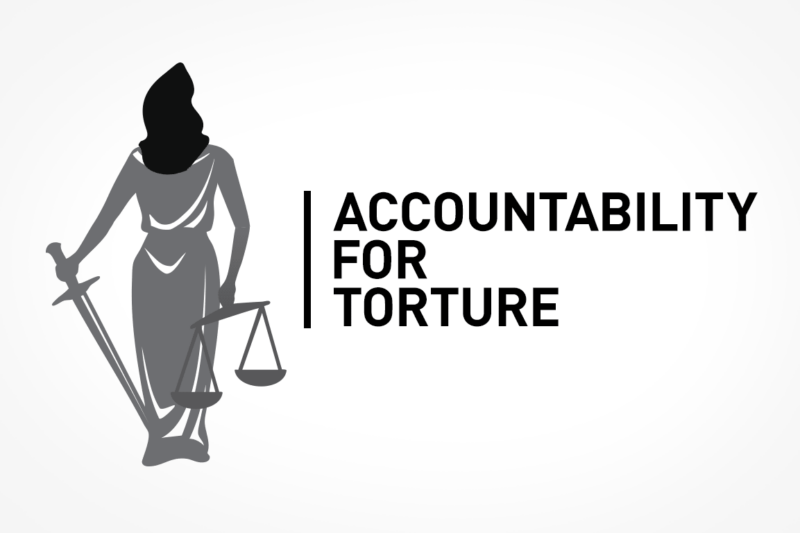
During the Bush administration, many hundreds of people were tortured and abused by the CIA, the Department of Defense, and private contractors working for our government. Yet despite numerous lawsuits against the architects of torture policies and perpetrators, not a single victim has had their day in an American court.
Four survivors who were tortured at the notorious Abu Ghraib prison in Iraq are trying to change that. With the help of the Center for Constitutional Rights, they have sued CACI Premier Technology, Inc., a private military contractor hired to provide interrogation services at Abu Ghraib. The lawsuit alleges that the contractor’s employees participated in terrible abuse of prisoners, including electric shocks, beatings, and extended sensory and sleep deprivation.
Shockingly, a federal district court in Virginia said that the judiciary is incapable of deciding whether or not these men were tortured by U.S. military contractors. The court dismissed the case, claiming that courts lack standards to determine whether CACI’s cruel abuses violated the law. So this week, the ACLU, along with Amnesty International and Human Rights Watch, filed an amicus brief challenging the district court’s unprecedented decision.
In other cases, the government has gone to extraordinary lengths to keep victims of U.S. torture out of court. Even though courts have an array of tools for dealing with sensitive cases, the government has claimed that national security concerns bar victims — including U.S. citizens — from bringing damages claims for violations of the Constitution. Even though torture has been prohibited for centuries, the government has argued that those responsible for torture should be immune from liability because it wasn’t “clearly established” that torturing prisoners is illegal. And even though CIA torture has long been public knowledge, the government has invoked the “state secrets” privilege to shut down lawsuits at the very outset. It is our national shame that judges have largely gone along with the government’s efforts to block accountability for torture.
But in this case — perhaps because immunity is unavailable to private contractors and because the torture at Abu Ghraib has already been publicly litigated in criminal cases — the government has not claimed that state secrets are at stake, and it’s not trying other tactics to keep the court from hearing the case on the merits. That’s what makes the district court’s decision to dismiss the case so surprising.
In our amicus brief challenging the court’s decision not to hear the case, we point out that torture is clearly illegal under both U.S. and international law — whether committed at home or abroad, and whether the victims are civilians or military detainees. We also highlight that the courts play an essential role in enforcing that prohibition. And we continue to push for accountability for torture.
The only way to achieve a measure of accountability for the crimes committed in our name is to hold responsible those who perpetrated them. This is a moral, legal, and national security imperative. We can’t put this dark chapter behind us until we provide apologies and redress to the victims and survivors of U.S. torture — at Abu Ghraib, Guantánamo, and around the world.

